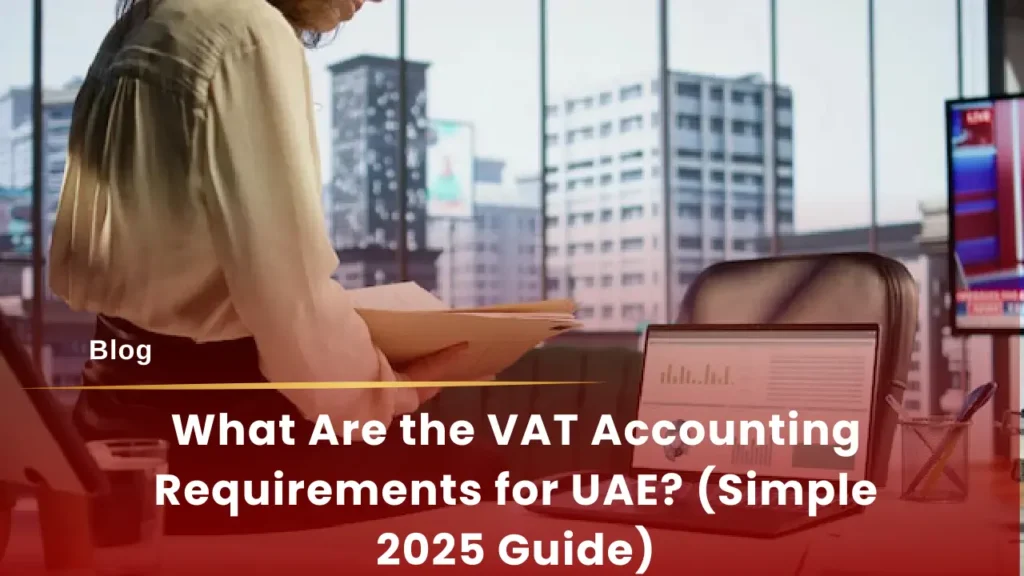Setting up a Business in Dubai
Setting up a business in Dubai is an excellent option for those who want to enjoy the benefits of running their own company without the usual tax and regulatory complications. Since there are no restrictions on international trade, it offers plenty of opportunities for entrepreneurs from across the world. Dubai is a dream place for people wishing to set up a business. It has established itself as the preeminent global location for fast-growth businesses throughout the world.
Before starting your own business in Dubai, you must get acquainted with the right procedures and requirements first. This involves the different legal aspects of starting a business in Dubai as well as the requirements concerning business setup and registration.
How to Setup a Business in Dubai?
Do you want to know how to setup a business in Dubai? What will the process be like and what legal hurdles do you need to overcome before you can start a company in Dubai? This article aims to answer all of these questions and more as we’re going to break down the entire business setup process in Dubai, UAE into simple steps that anyone could follow.
Table of Contents
Benefits of settings business in Dubai:
- Ease of Business Setup
- Recruit Expatriate Employees
- Lowest Corporate tax
- Over 30 Free Zones
- Technological Advancements
- Advantageous Geographical Location
- Top-Notch Infrastructure
- Comfortable and Quality Life
- Easy Visa Obtaining Process
- Exceptional Government Support.

What you need to know before setting up:
Before we answer how to setup a business in dubai, here are a few things you need to know about Business types in Dubai.
Economic Zones: Free Zones vs Offshore vs Mainland
It is up to you whether you want to work onshore or offshore, as there are different zones for different types of businesses.
Free Zone
Free zone trade areas are the areas of a country where goods and services are unrestricted to trade. They’re also called free trade zones or free zone authorities. There is no taxation in free trade zones, preferential customs duty rates, and there is 100% exemption from import and export taxes. Due to the emphasis on privacy, free zones are especially popular to enjoy privacy and secrecy. absolute ownership means that corporate information, such as what types of shareholders it has, will never be publicly released.
A total of 30 free zones operate in Dubai, each focused on a specific industry category and offering licenses to companies within those industries.
Offshore
There is no legal and business regime for offshore companies on the UAE mainland or in the UAE free zones. Furthermore, offshore companies are not subject to VAT (Value-Added-Tax) in UAE as they are deemed to be outside of UAE without a resident status.
What are the advantages of Offshore Incorporation?
Mainland
Types of License
You’ll need to choose a zone and determine the kind of license that is required. There are 4 primary sorts of licenses you can apply for;
Commercial license
Industrial license
Professional license
Tourism license
The tourism industry is a significant factor in the U.A.E.’s economy, drawing in not just local investors, but international ones as well. The U.A.E. is the only country in the world in which this sector is on the rise. It allows you to start up a travel company that can do business within the country as well as abroad.
Sponsorship
Dubai free-zone company setup process
1.Choose the business activity and license type
2. Select the right Free Zone
3. Pick Trade Name & Office Space
4.Apply for initial approval
- Licensing and registration form for business
- A copy of your passport or ID card
- Get a copy of your Visa or residence permit
- Articles of incorporation
- Study of the project’s feasibility
5.Open a corporate bank account
6.Set up your office location
7.Apply for final approval
- Copies of both your receipt of the file and all previously submitted documents.
- The lease agreement provided by the Real Estate Regulatory Agency is set.
- A duly attested service agent contract can only be granted to civil establishments and companies 100% owned by non-GCC nationals in the UAE.
- Approval from other authorities that the law requires is crucial.
Conclusion
Setting up a company or business in Dubai is not a difficult task if you know what the exact process is. There are legal processes which you have to complete and Boom! you are the owner of a new business in Dubai. If you are still confuse about how to setup a business in Dubai or If you don’t want to go through all this process, you can hire a Certified Accounting Firm in Dubai. It can help you start your business in Dubai without any hassle.






